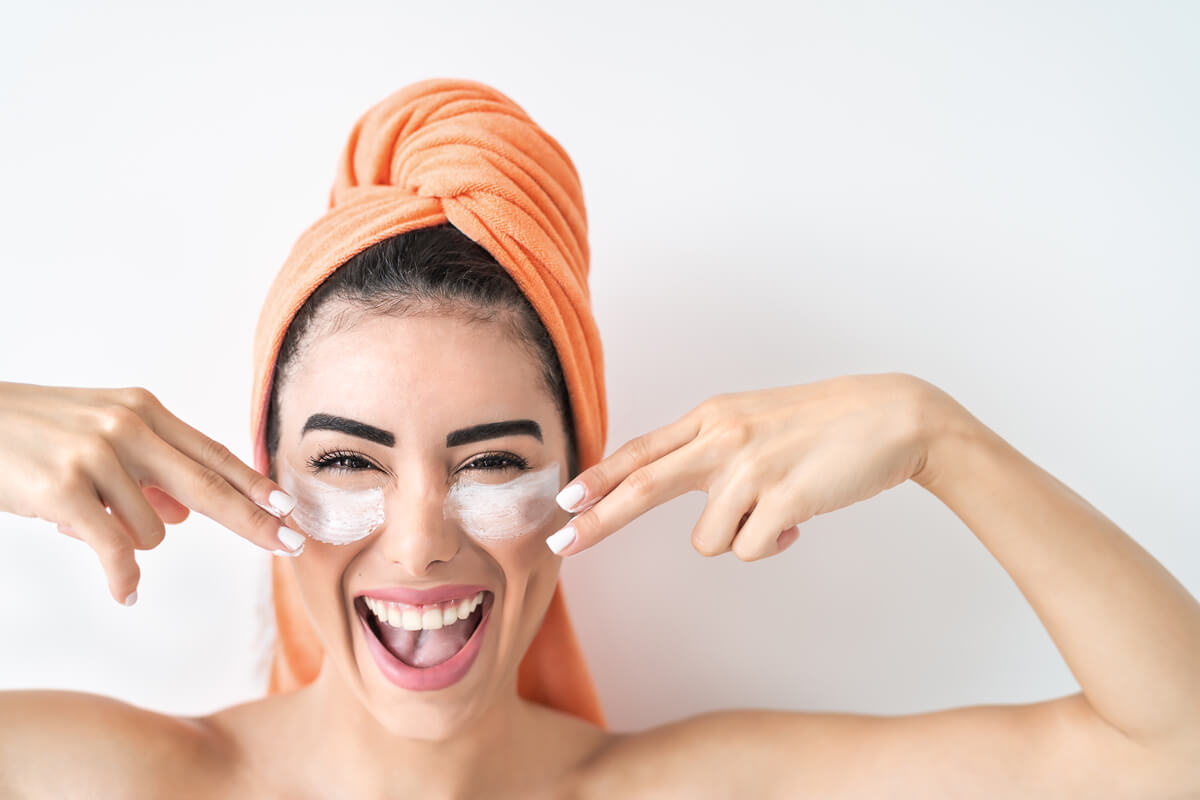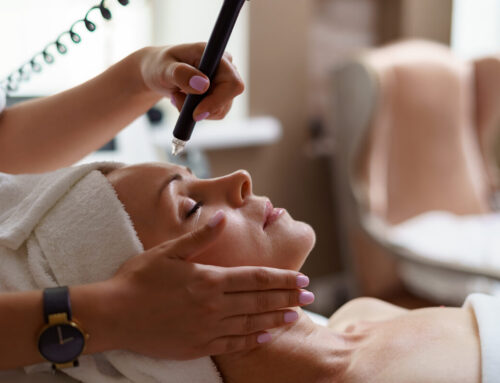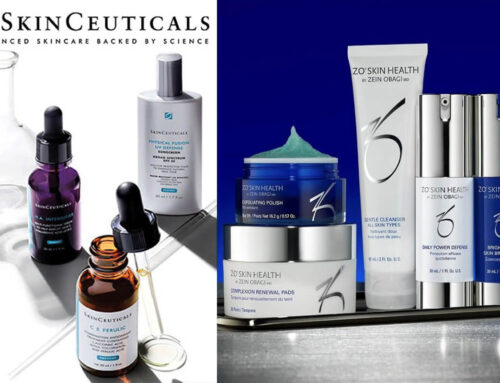Ever wonder why various skincare regimens exist day and night? Because the needs of your skin change from day to night! At night, your skin needs renewal, while during the day, it needs protection. This article covers the benefits you will derive from each cream and the differences between the two.
What Are Day Creams?
Day creams are creams designed to be used during the daytime. These creams protect your skin from UV radiation, grime, and dust. Day creams are thin in consistency, light, non-greasy, and readily absorbed by the skin. It makes your skin moisturized or nourished, becoming smooth and supple. SPF is present in day creams because of daytime sun exposure. However, there are situations when this SPF is insufficient to offer adequate sun protection. Day creams contain skin-brightening ingredients, including vitamin C and kojic acid. These creams don’t contain active chemicals like retinol, glycolic acid, or alpha-hydroxy acids, which can irritate the skin when exposed to sunlight.
What Are The Benefits of Day Creams?
Day cream protects the skin from harm and protects from factors that speed up aging. Benefits of the top day cream include:
- Sustained hydration
- UV radiation protection
- Antioxidants combating free radicals
- Provides a dewy appearance
- Prevents dryness
- Protects against environmental toxicity
What Are Night Creams?
Night creams are skincare that you can apply at night. The texture of night creams is heavier than the day creams. The rehydration process begins at night while you sleep. At night, your skin continues to mend itself. As a result, many night creams contain retinol and other anti-aging ingredients that promote the renewal of skin cells. These compounds reduce the fine lines and wrinkles on your face. Anti-aging creams are often applied at night because they contain retinol, a strong chemical proven to enhance skin texture and restore skin firmness. Retinol shouldn’t be used throughout the day, as it might make the skin more sensitive to UV rays and produce flakiness, sensitivity, and redness.
What Are The Benefits of Night Creams?
A night cream aids in skin renewal and regeneration. Other benefits include
- Deep moisturization.
- Restoration of vital skin nutrients
- Improves wrinkles, fine lines, and dark patches
- increases collagen synthesis and blood flow
- Improves skin tone
- Restores skin suppleness and calms itchiness, inflammation, and irritation
- encourages cell regeneration and rejuvenation.
What Is The Difference Between A Day Cream And A Night Cream?
As their names imply, the night cream is a skincare product used at night, while the day cream is used during the day. They can be differentiated based on the following:
- Texture
Night creams typically have a thicker and heavier texture than day creams, which typically have a lighter feel.
- Absorption
The skin quickly absorbs day creams. However, with their thicker viscosity, night creams may take a little longer to be absorbed.
- Constituents
While night creams contain active compounds like retinol, day creams contain SPF and lightening agents like vitamin C.
Are Daytime and Nighttime Cream Necessary?
You need both creams in your routine, not just one or the other. Both creams are essential in giving your skin the care it needs. Day creams give good hydration and sun protection without feeling heavy. On the other hand, a night cream works overtime as you sleep to give long-lasting moisture and treat typical skin care issues like aging skin and moisture loss.
Can You Apply Daytime Cream At Night And Vice Versa?
The use of night cream during the day should be avoided. Their unique component will not benefit the skin if used incorrectly. Due to the lack of preventive components, using a night cream during the day might leave skin vulnerable to sun and environmental harm. Additionally, it has a heavy daytime feel and a greasy appearance, which is typically not what you want if you want to feel fresh all day. Makeup does not also cling properly to the skin after you have applied night cream. Application of a day cream at night struggles to provide the nourishment and hydration that your skin needs during the nighttime healing phase. When chemicals are reversed, your skin may react differently, damaging the skin’s natural processes.
How Should I Use Day and Night Cream?
Day and night creams are easy to add to your everyday skincare regimen. Use the day and night cream as directed to get the best results.
Step 1: Clean up
If you have makeup on, use a makeup remover first before cleansing. Always double cleanse for night time. Choose a cleanser that suits your skin type.
Step 2: Facial serum
Apply a face serum that’s specific to your skin concerns such as acne, wrinkles, pigmentations, and dullness.
Step 3: Apply day cream during the day and night cream at night
Use a day cream when it’s sunny, and your skin is exposed to pollution and severe weather. Before going to bed, use a night cream. For best results, massage the cream on your skin in an upward and circular manner. If you use additional treatment products, such as under-eye creams for puffy eyes and dark circles, apply them after the serum and before the day and night creams.
Conclusion
The main differences between day and night creams are their composition and texture. A day cream is lightweight and contains vitamin C and SPF to brighten the skin. On the other hand, a night cream is richer, thicker, and contains active ingredients like retinol and glycolic acid. Both must be a part of your skincare regimen because they are crucial for skin health. For the best results, schedule a consultation with us at Eye Candy Vision and Beauty Clinic Arcadia to determine which creams are ideal for your skin type.
MEDICAL ADVICE DISCLAIMER: All content in this blog and description including: information, opinions, content, references and links is for informational purposes only. The Author does not provide any medical advice on the Site. Accessing, viewing, reading or otherwise using this content does NOT create a physician-patient relationship between you and its’ author. Providing personal or medical information to the Principal author does not create a physician-patient rela-tionship between you and the Principal author or authors. Nothing contained in this blog or it’s description is intended to establish a physician-patient relationship, to replace the services of a trained physician or health care professional, or otherwise to be a substitute for professional medical advice, diagnosis, or treatment. You should consult a licensed physician or appropriately-credentialed health care worker in your community in all matters relating to your health.





